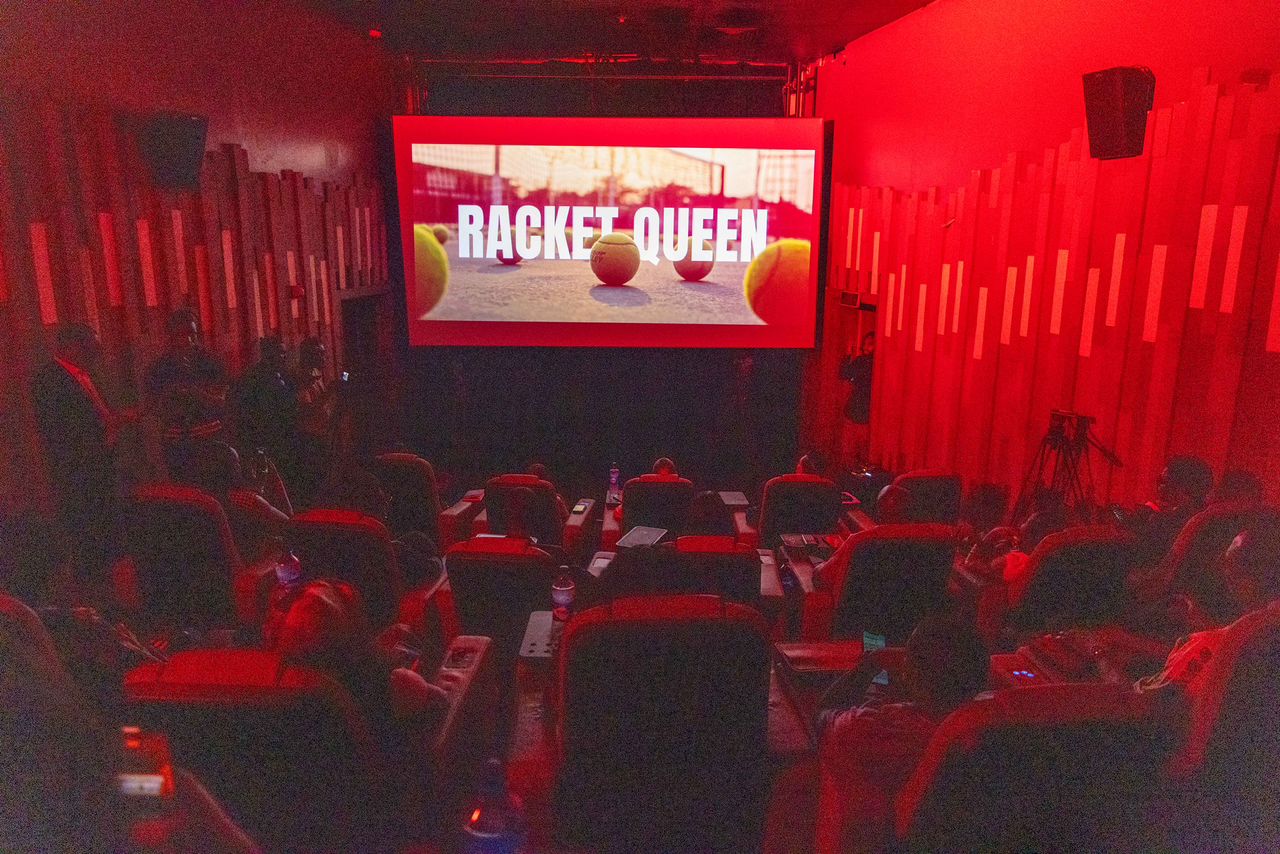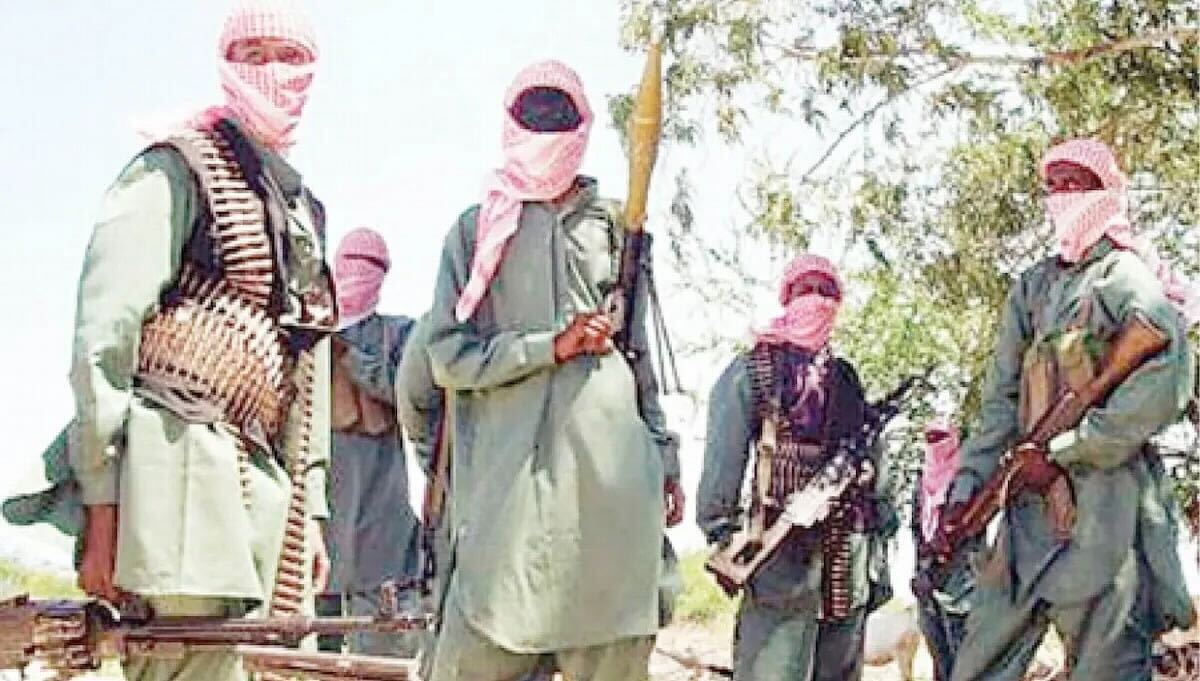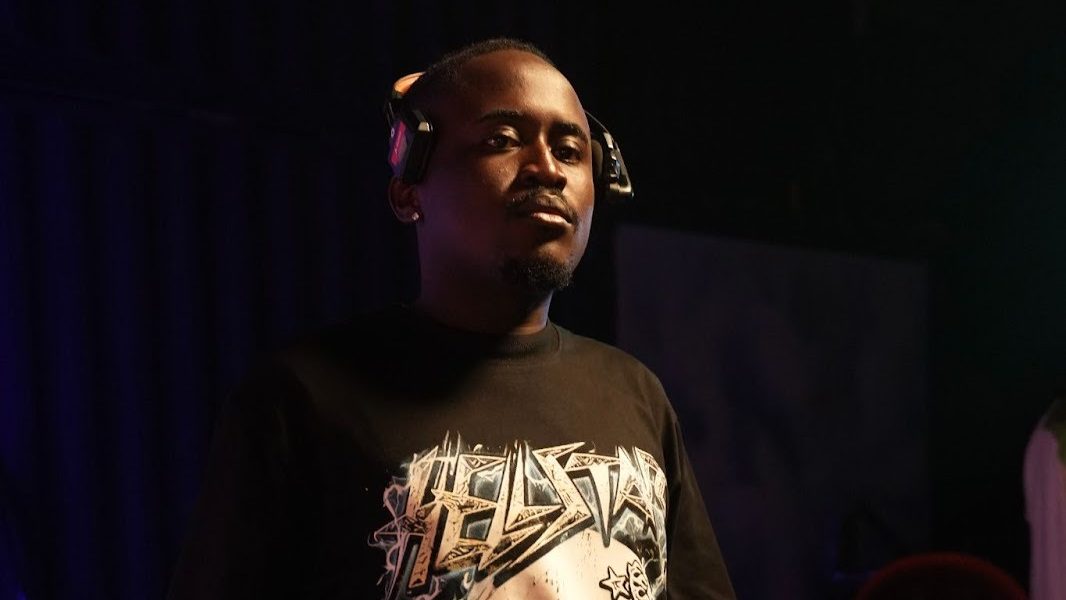The 49th Street recently attended a special screening of Racket Queen, the latest short film from director Nora Awolowo, presented in collaboration with Canon. Following the screening, Awolowo discussed the film’s central themes of pursuing dreams, navigating grief, and the unique power of parental support. We caught up with the filmmaker to dive deeper into her inspiration, the collaborative process, and the technical decision to use the Canon C400.
First off, good movie. I really enjoyed the film.
Thank you.
So, what’s like the core message, the central theme of Racket Queen that you’d hope resonates with the audience?
I think the central theme I hope resonates with the audience is going for your dream despite whatever comes your way. Like go, even with the grief that she was grieving, she did not just stop. She still went anyway and continued the path that she wanted to, which her mother also supported. It’s also just lovely to see your parents support you, and it’s a different kind of fuel for achieving your dream. Yeah, it’s seen from a different perspective: what it feels like when your parents actually support you in actualizing your dream.
Okay, so where did the initial inspiration for the film come from?
It comes from seeing, I remember maybe I’d read articles or stories where you see people talking about people going for the Olympics in Nigeria, planning to do different types of sports, running. Eventually, they don’t even get picked, and you see their parents support them through it all, do you get? And not all dreams come to life, but seeing your parent actually support you is a different kind of fuel.
For me, it is also telling a story from a point of view that this is when your parents help you. ‘Cause what we get to see on our screens is seeing stories when, like, your parents don’t support you and you have a point to prove. Do you get? But it’s nice to see that, oh, when your parents actually support you, it’s a different kind of fuel for actualizing your dream. So yeah, that was something for me.
Yeah, okay. So, when you were addressing it, you said you wanted it to be about skating, but then you changed because you couldn’t find an actor who was also a skater.
Okay. Not just a skater, but having a skater who can act at that age. Because our actor is around 15, 14, we wanted somebody that young. But not just that, it was also that, it was also a sport that she has now taken over, she’s now interested in. So this is also just doing something that you know your actor does, something that people now do, do you get? Like a lot of people now play tennis.
What unique opportunities or challenges did the format present for telling the story?
There was no challenge. Why, why are Nigerians always looking for a challenge (Laugh)?
No, I mean, like it’s just, I mean, like, you’re in Nigeria, right? Life is already leading like one-zero, two-zero.
There was no challenge. I think any challenges I had were just personal ones. There was no challenge. Um, the production team came through. I was working with familiar faces again, long-time collaborators. My writer is a very fantastic person. I’ve worked with him on several projects, from Red Circle to other projects we are working on. And actors are people I’m also familiar with. So, it was actually a smooth-sailing shoot.
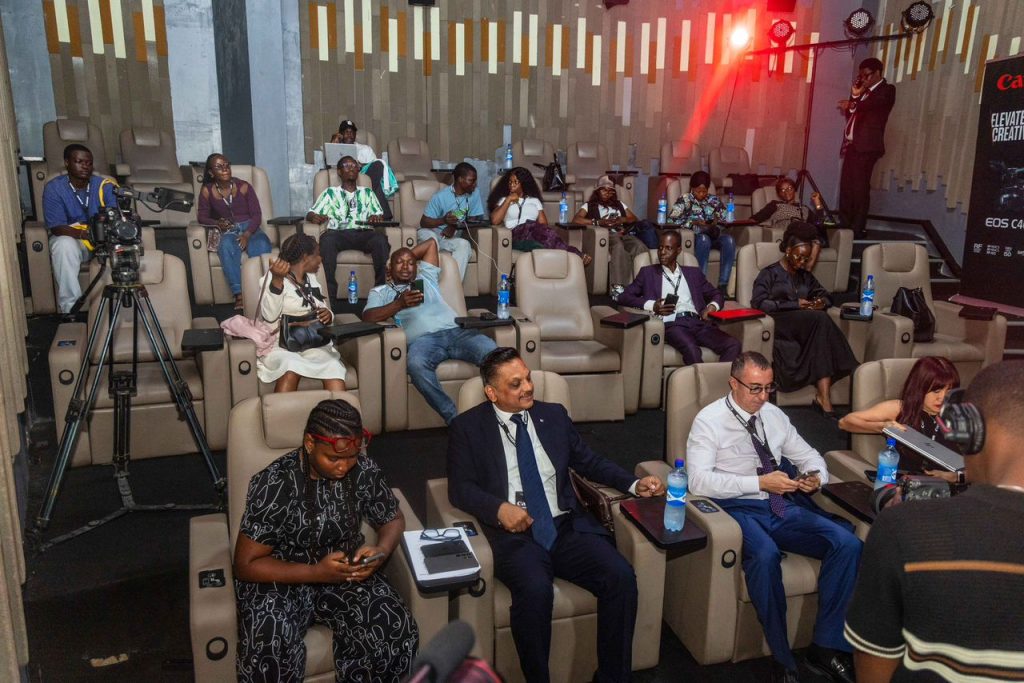
Okay. All right. You shot the film entirely on Canon C400. What exactly made you make that decision? Why the camera?
Okay, after we had the script and looked at the story, I wanted a camera that could balance the emotional storytelling and also be compact enough for the scenes outdoors, like the tennis scenes. Yeah. And this camera fits into that. Like we had night scenes where low light could be pushed, it has something called triple base ISO. It could be moved to fit into that. So, the camera basically just helped enhance our storytelling. And yeah, the camera fit into that.
All right. What’s your favorite moment, ‘that moment’ for you when you were shooting the film?
That moment was our last scene. Incredibly, the last scene we shot in the film is also the last scene in the film. That was the last scene of the day. And like, we shot it outside, like Surulere stadium, do you get? We’re just happy to say “It’s a wrap” after. And yeah, seeing it come to life too, and seeing people even talk about scenes that even you, as a writer or as a producer, as a director, did not see, it’s something. Like, you make films, but film is forever. People will interpret films and stories in different ways, and seeing them screened now is one of the most exciting moments.
Yeah, so for me, while I was watching the film, the part where she lost her mom. It felt personal. So, what do you want your audience to feel when they watch the film?
These things happen. Like, everybody doesn’t live forever. Do you get? People always die. But it’s how even with those we grieve. People use disappointment and grief to actually fuel their career forward. It’s the way you have heartbreak, and after that heartbreak, you decide to lock in now fully. Lock in. Do you get? ‘Cause you want to prove a point. And for her, that was it. The grief, her mother’s death was, yes, even if this woman has died, do you get, has passed on, there was a career that needed to prove that I could still get. Life would always move on.
People would always move on with or without you, even if you are grieving. If you die today, there is a one-minute silence; people are partying. No, but it is what it is. And this is like what happens every day. You get what I’m saying? You have to forge ahead. It is just using your grief to propel your career forward.
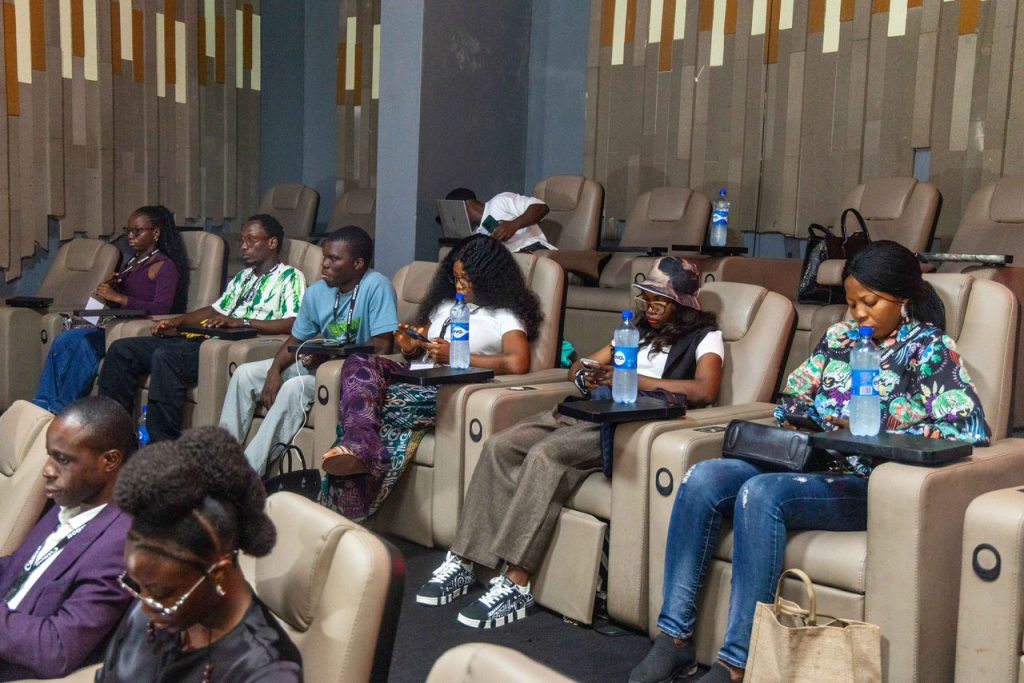
Why is now the right time for you to tell this story? Like the way Nigerian films are, some of our movies are doing very well internationally. Why do you think this is the right time to tell this story?
To be honest, I don’t think there’s a right time to tell any story. I think it’s when you’re ready, you’re ready. Like, there are different stories I probably have on my radar to tell. And it is, for me, it is also because it’s a short film. Yeah, it is that short films also have a place in my co-production company, where you don’t need a huge budget to tell stories that, in 15 or 10 minutes, still resonate with an audience. And for me, this was it.
We have those stories where, like you, you don’t need a big budget to tell, but you need to tell it to the world, for it to resonate with them. So, for me, once Canon said yes, I think that was the right time. Yeah, pitching the idea to them and saying, “Okay, guys, I want to do this,” and they said, “Yes,” I was like, “Yes, we’re in for it. We’re going to get this done.”
So after the screening, what hopes do you have for your film? A festival debut?
Yeah, so this is not my first film, but hopefully, this one, we’re going to push it to festivals, we’re going to submit to festivals. We’re also going to get it in front of a larger audience. Um, in collaboration with Canon, of course. Maybe do screenings not just in Lagos, but in Ghana, for other countries like that.
Related: My Father’s Shadow by Akinola Davies Jr. to Premiere at 2025 BFI London Film Festival

